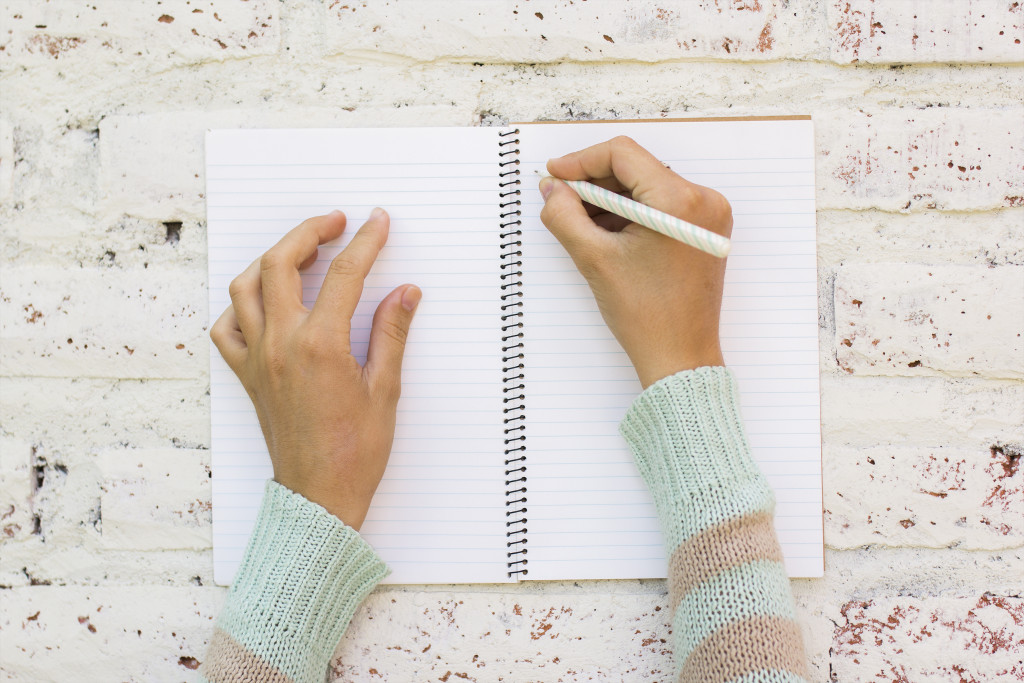- Establish a consistent sleep routine and create a sleep-conducive environment.
- Manage stress by exercising regularly and engaging in joyful or relaxed activities.
- Incorporate whole foods into your meals and stay hydrated throughout the day.
- Pace yourself, conserve energy, delegate tasks when possible, and listen to your body’s signals.
- Utilize relaxation techniques such as massage therapy, meditation, guided imagery, and progressive muscle relaxation.
Living with chronic fatigue can be incredibly challenging. Constant exhaustion can affect your physical and mental well-being, making it difficult to perform everyday tasks and enjoy life to the fullest. However, there are ways to manage and cope with chronic fatigue. This guide will explore five effective tips to help you deal with chronic fatigue, providing practical strategies to regain energy and improve your overall quality of life.
1. Prioritize Sleep
Getting enough quality sleep is essential for combating chronic fatigue. Make sleep a priority by establishing a consistent sleep routine. Set a regular bedtime and wake-up time, even on weekends, to regulate your body’s internal clock. Create a calming bedtime ritual, such as reading a book, taking a warm bath, or practicing relaxation techniques. Avoid stimulating activities and electronics close to bedtime as they can interfere with sleep. Create a sleep-conducive environment by keeping your bedroom dark, quiet, and comfortable.
2. Manage Stress

Stress can worsen fatigue, making it important to manage stress levels. Exercise regularly as physical activity can help reduce stress and improve sleep quality. Make time for activities that bring you joy or relaxation, such as yoga or journaling. Establish healthy boundaries with family and friends so you don’t overload yourself with obligations.
3. Adopt a Balanced Diet
A well-balanced diet can provide your body’s nutrients for sustained energy levels. Incorporate whole foods, such as fruits, vegetables, whole grains, and lean proteins, into your meals. Avoid processed foods, sugary snacks, and excessive caffeine, as they can cause energy crashes and disrupt sleep. Stay hydrated by drinking enough water throughout the day. Consider consulting a registered dietitian who can create a personalized meal plan based on your specific needs and preferences.
4. Practice Pacing and Energy Conservation
One of the key strategies for managing chronic fatigue is pacing yourself and conserving energy. Break tasks into smaller, manageable parts and distribute them throughout the day. Avoid pushing yourself to exhaustion, as this can worsen fatigue symptoms. Prioritize your activities and delegate tasks when possible. Use assistive devices or adaptive strategies to make daily tasks easier and less draining. It’s important to listen to your body’s signals and rest to avoid overexertion.
5. Utilize Relaxation Techniques
Relaxation techniques can help reduce stress, promote restful sleep, and restore energy levels. Experiment with different techniques to find what works best for you. You can consider joining a yoga or tai chi class, as these practices combine physical activity with relaxation and can be beneficial for managing chronic fatigue. Dedicate specific times during the day to engage in relaxation exercises and prioritize self-care.
Here are some relaxation techniques you can try:
Massage Therapy
Massage therapy helps to ease tension, reduce stress and improve circulation. It can also alleviate pain and discomfort caused by chronic fatigue. Look for a reliable massage therapist specializing in treating chronic fatigue patients. A massage therapist will use various techniques to help you relax and reduce your fatigue. They may incorporate Swedish massage, myofascial release or trigger point therapy.
Meditation

Regular meditation can help clear the mind and promote relaxation. You can practice mindfulness or use guided imagery techniques to meditate. Take some time daily to sit quietly and focus on your breathing.
Guided Imagery
Guided imagery is a mental exercise that uses visualization techniques to relax the body and mind. Visualize yourself in a peaceful environment, such as lying on a warm beach or walking through a meadow of wildflowers. Focus on the sensations that come with these images, such as the sun’s warmth on your skin or the scent of fresh flowers.
Progressive Muscle Relaxation
This technique involves tensing and releasing muscles systematically to help you become aware of any areas where you are feeling tension. Start by tensing the muscles in your feet, then move on to your calves, thighs, stomach, arms, etc. Hold each contraction for five to 10 seconds before releasing. As you do this, focus on the sensations in your body and take slow deep breaths. When you’re done, relax your whole body and observe how it feels after the exercise.
In Summary
Living with chronic fatigue requires a comprehensive approach to manage symptoms effectively and improve quality of life. Working closely with healthcare professionals to develop an individualized treatment plan that addresses your specific needs is essential. With patience, self-care, and the right strategies, you can overcome the challenges of chronic fatigue and live a more fulfilling life.